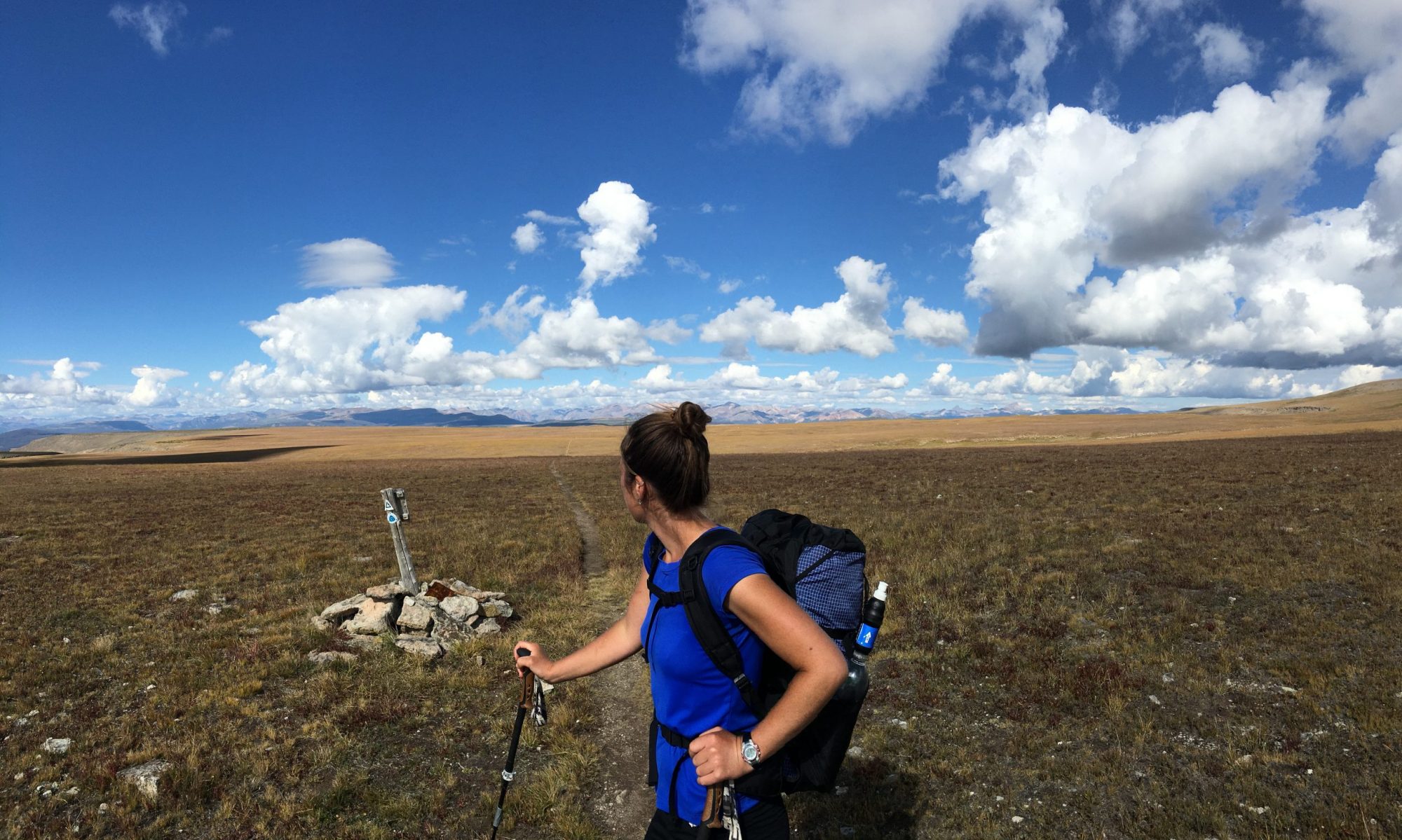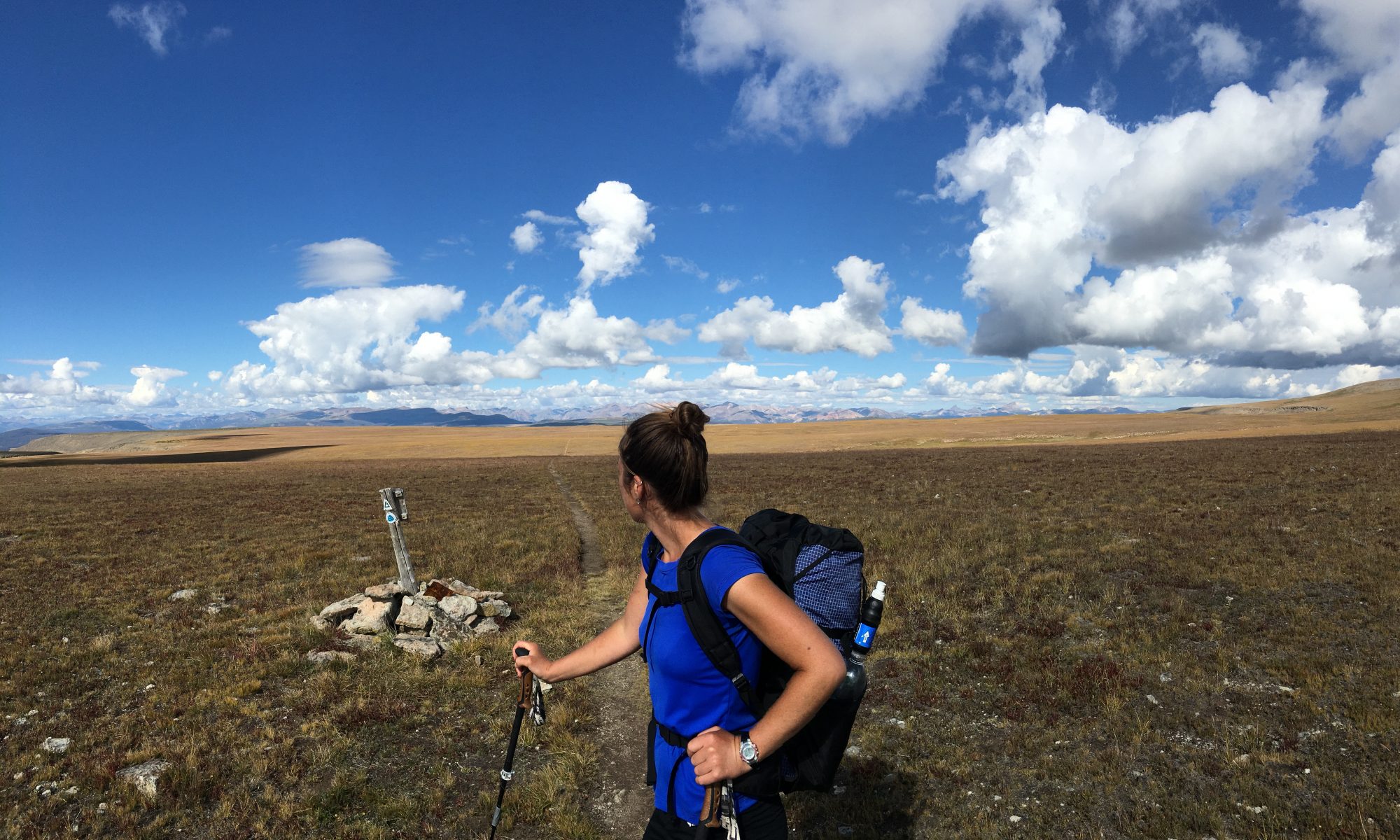This post is about how to fast track your health goals without using restrictive diets or overexercising. If you like this, make sure to get in touch over on my Facebook community, Holistic Health for the Avid Adventurer, where we cover topics just like this one. If you’re interested in strategic 1-1 support, you can also apply to work with me. I would love to work with you now or in the future! ~Katie
I used to wake up at 5:30 to run 5-10 miles before working a full 12+ hour day as a baker. I was eating what the health magazines told me was the perfect diet. I counted calories. I cut carbs. I tracked my macros.
I didn’t know how I could be any more “perfect” with my health habits. And STILL, I was struggling with chronic fatigue, creeping weight gain, anxiety, and low energy on my runs.
In short, I was giving it everything I had and I still wasn’t experiencing the results I was after. It’s disheartening to feel like you’re giving it your all and you’re not getting anywhere. I was overwhelmed with conflicting nutrition information and how to sort through it. I just wanted energy, strength, and endurance for my day to day life and also for my outdoor adventures.
After trying and failing at many different approaches, I want to share with you the mistakes I made and the lessons learned when it comes to creating a wellness routine you can maintain for life; one that will allow you to have the energy, weight balance, mood, focus, and freedom you need to pursue big adventures in life.
Mistake #1: I was overcomplicating it.
I got caught up in what the media and different outside sources (even ‘professionals’) were telling me to do and I forgot that my body knows best. I was overriding signals of hunger and exhaustion to tame my body into submission. That’s not sustainable. The true process of coming to peace with food and my body was in learning how to pay attention to the feedback my body was giving me. Listening to hunger and fullness cues. Taking rest when I need it. These are a few of many examples.
When I pay attention to my body and trust what it’s telling me, I don’t need to follow strict eating rules or avoid entire food groups. With the focus on whole foods, cravings dissipate, taste buds adjust, the body regulates itself, and food no longer consmes every thought.
Mistake #2: I was looking for the “perfect diet”.
After much trial and error, I learned that there is no “perfect diet”. There are foods that work for your body and where you are in your life and for your current goals. The optimal diet for you may shift over time. That’s why I no longer give meals plans, and instead teach clients how to tune in to their body to see how it responds to different foods and macro nutrients and at different times of day. This gives you freedom from ‘food rules’ created by someone who knows nothing about you or your body.
Mistake #3: I thought fewer calories and more exercise would help me hit my goals.
This belief definitely slowed me down on my health path. It also caused my adrenals to tank and my hormones (especially thyroid) to get thrown out of whack. This caused a cascade of unpleasant symptoms like an autoimmune disease, fatigue, hair loss, weight loss resistance, and depression.
Here’s why: Your body needs to know you’re safe. This is especially true for women. When you starve yourself or train too hard, it signals to your body that you’re in danger. You shift out of parasympathetic dominance (rest+digest mode), where humans are meant to spend the majority of time, and into sympathetic (fight, flight, freeze) overdrive. This causes stress hormones like cortisol and adrenaline to be released in the body.
Excess cortisol causes all sorts undesirable effects like fatigue, headaches, weight gain, lowered immunity, anxiety, and much more.
Mistake #4: I thought being healthy was all about diet and exercise.
What you eat and how you move is important, but there are other factors that play a big role as well. Specifically, sleep and stress levels matter more than you think. Sunlight, time in nature, and a reflective practice also contribute to overall wellness. Again, the reason relates to how these components affect your hormones, most specifically cortisol. Lack of sleep and excess stress in any form (emotional, physical, chemical) raise cortisol levels. See Mistake #3 for why that matters.
Mistake #5: I didn’t define my outcome clearly.
To be honest, I got caught in the trap of thinking that the number on the scale was the metric that told me whether or not I was healthy. And while weight can be one component of health, when I think about my long term vision of a healthy life, it’s about feeling strong, free, present, and capable. Redefining what health means to me freed me from being trapped by someone else’s expectations.
Mistake #6: I didn’t look deeper into WHY I was self-sabotaging.
When I would sabotage my goals by overeating or simply not engaging in self care, I thought it was just because I was a failure or had no willpower. When I began to unpack this, I realized that, as cliche as it sounds, I wasn’t truly loving myself. Any change that came from a place of self hate instead of self compassion wasn’t going to be effective. I had to look at where I picked up the programming that told me I wasn’t lovable unless I looked a certain way or ran enough miles or etc etc. Exploring what’s blocking you on an emotional and subconscious level is where lasting change starts.
In summary, I hope that seeing some of the mistakes I’ve made when it comes to achieving true health will help you to collapse the timeline on your own health goals, so that you can ditch the dieting, drop the obsession, and have a wellness routine that’s sustainable for life and gives you the vitality you desire.
PS. I’ve turned these lessons into a holistic methodology I use to guide private clients through this (and MUCH MORE) while customizing these concepts to your unique life and circumstances. It’s geared towards providing busy, ambitious, high achievers with a SIMPLIFIED health strategy that creates REAL results.

